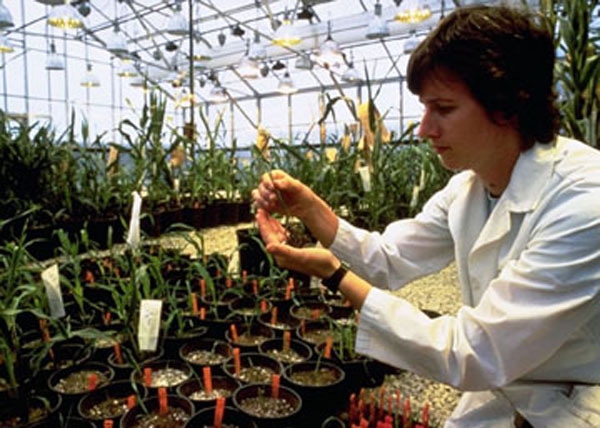May 9, 2013

A new peer-reviewed work has been published (April 2013) that outlines some significant global economic and environmental benefits of genetically modified (GM) crops. The paper is titled GM crops: global socio-economic and environmental impacts 1996-2011. Agricultural entomologist Mike Gray, University of Illinois, has conducted western corn rootworm research for many years and was particularly interested in the overall U.S. farm income gain attributed to corn rootworm Bt hybrids – $7.1 billion cumulative benefits since 2003. Not surprisingly, the economic impact had a wide range of $9.71-48.97/acre. Gray attributes this to sporadic infestations across fields and years.
Like what you're reading? Subscribe to CSD Extra and get the latest news right to your inbox!
Even though soil insecticide use is expected to increase in 2013, there has been an impressive reduction in overall insecticide use since 1996 and an improvement in the environmental impact quotient (EIQ). This can be attributed to fewer cornfields being treated for above-ground infestations of stalk-boring insects (e.g. European corn borer) and reduced use of planting-time soil insecticide applications following the introduction of corn rootworm Bt hybrids in 2003. Unfortunately, concerns over western corn rootworm resistance to the Cry3Bb1 protein expressed in some Bt hybrids and high commodity prices have fueled a resurgence in the interest of using both inputs – Bt corn rootworm hybrids and a planting-time soil insecticide.
Read the rest of the article from University of Illinois.
You might also like:
Cold Weather Affects Planted Soybeans
You May Also Like




